Ripley First United Methodist Church

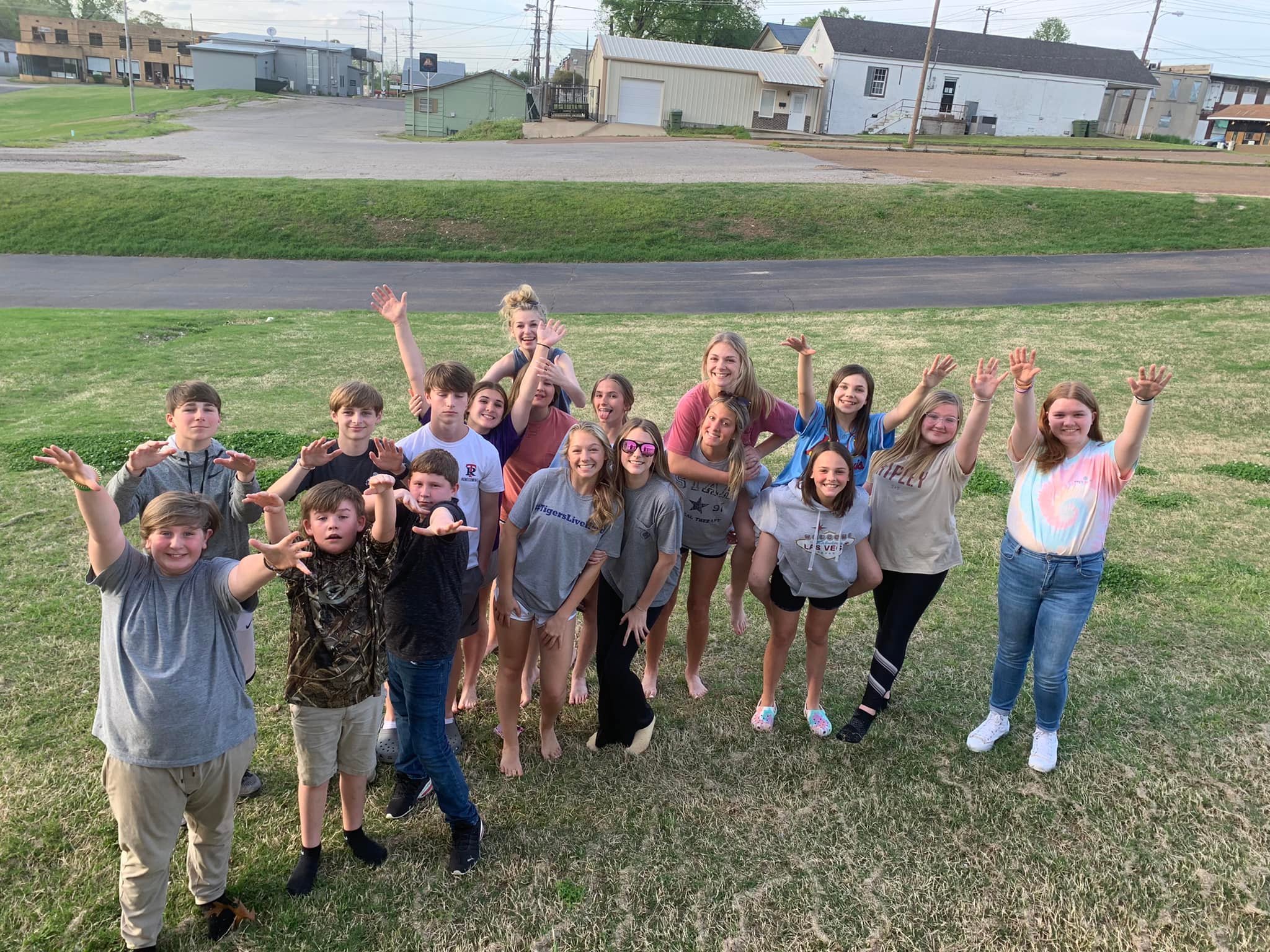
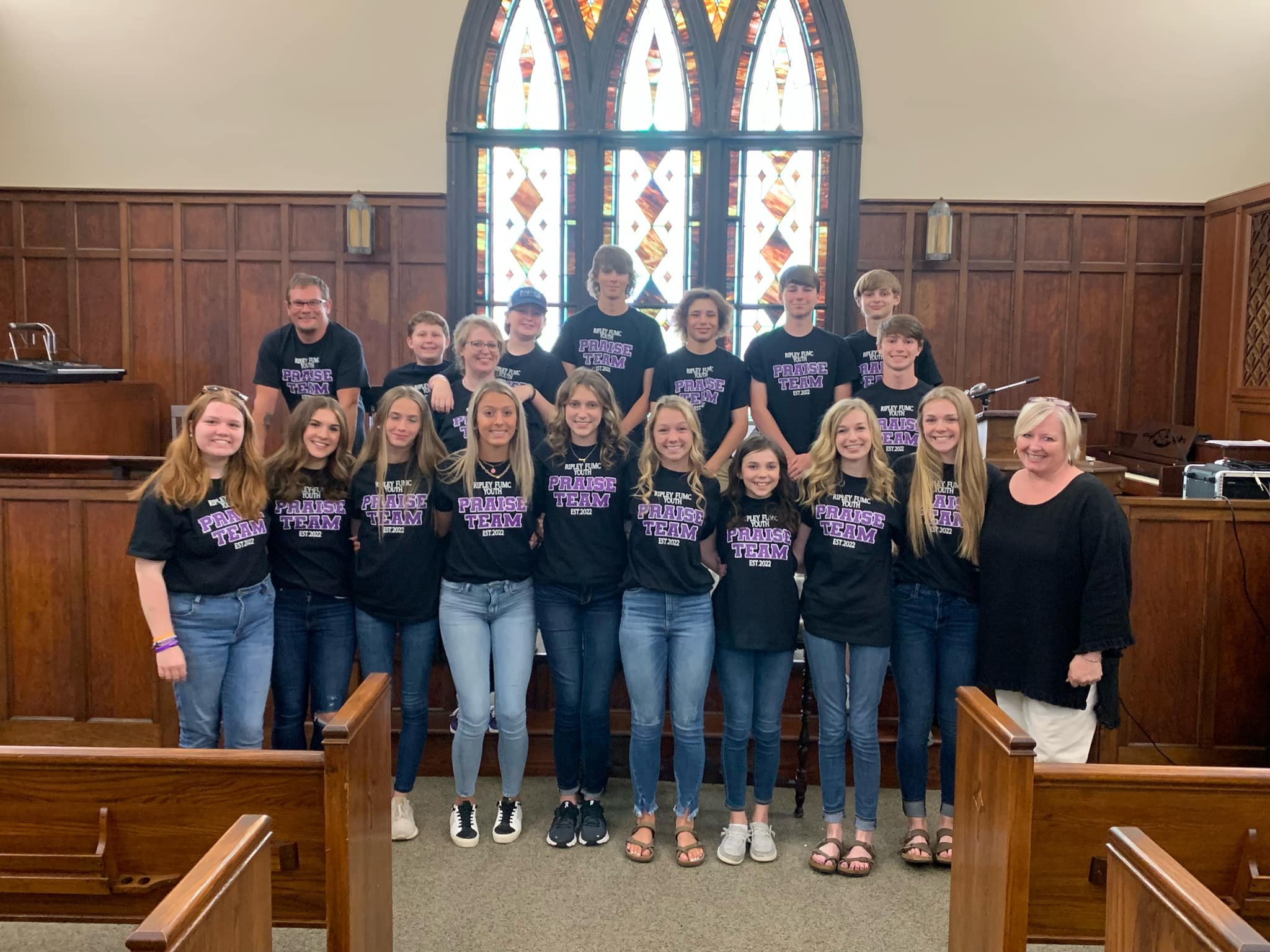
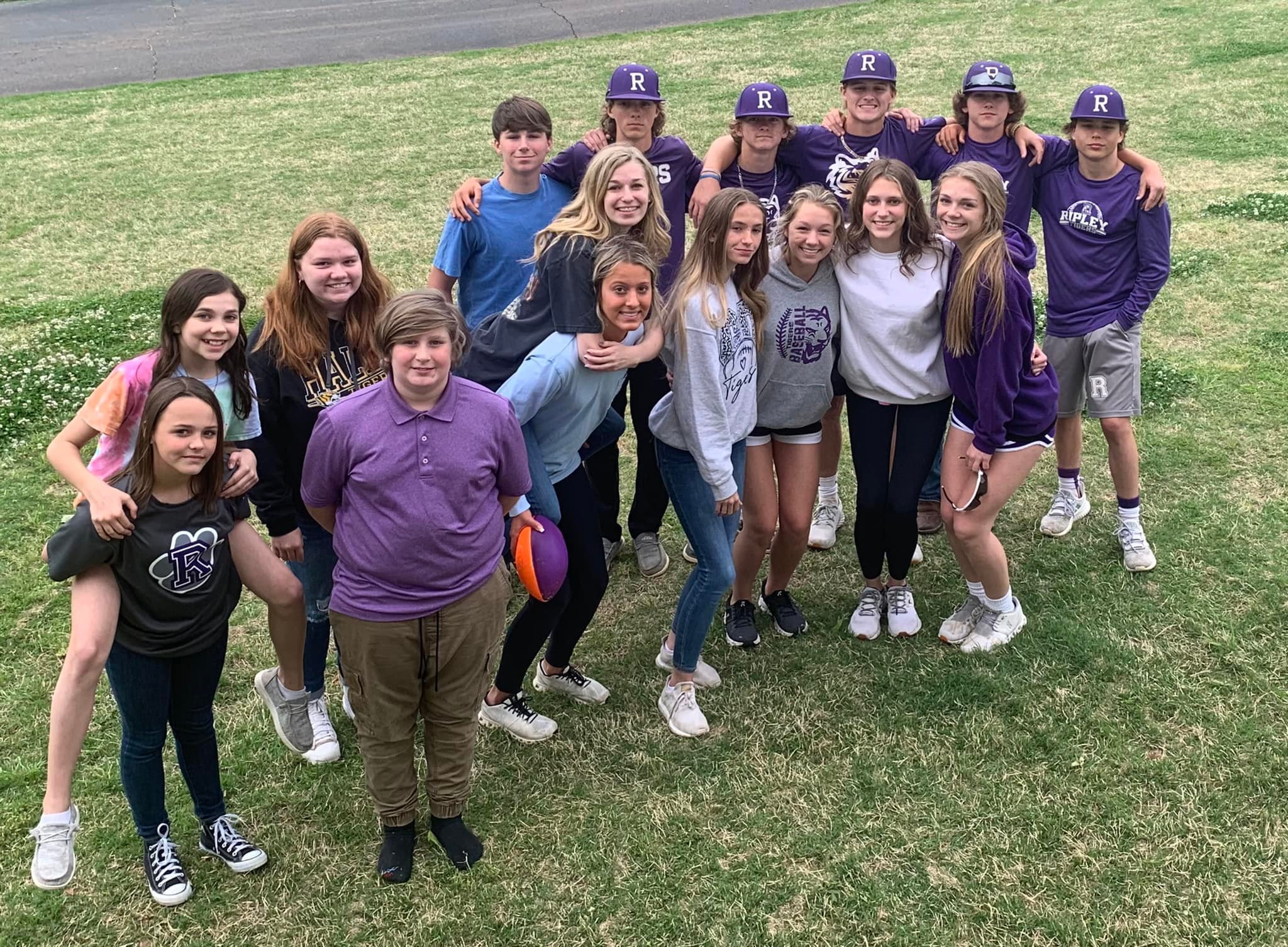
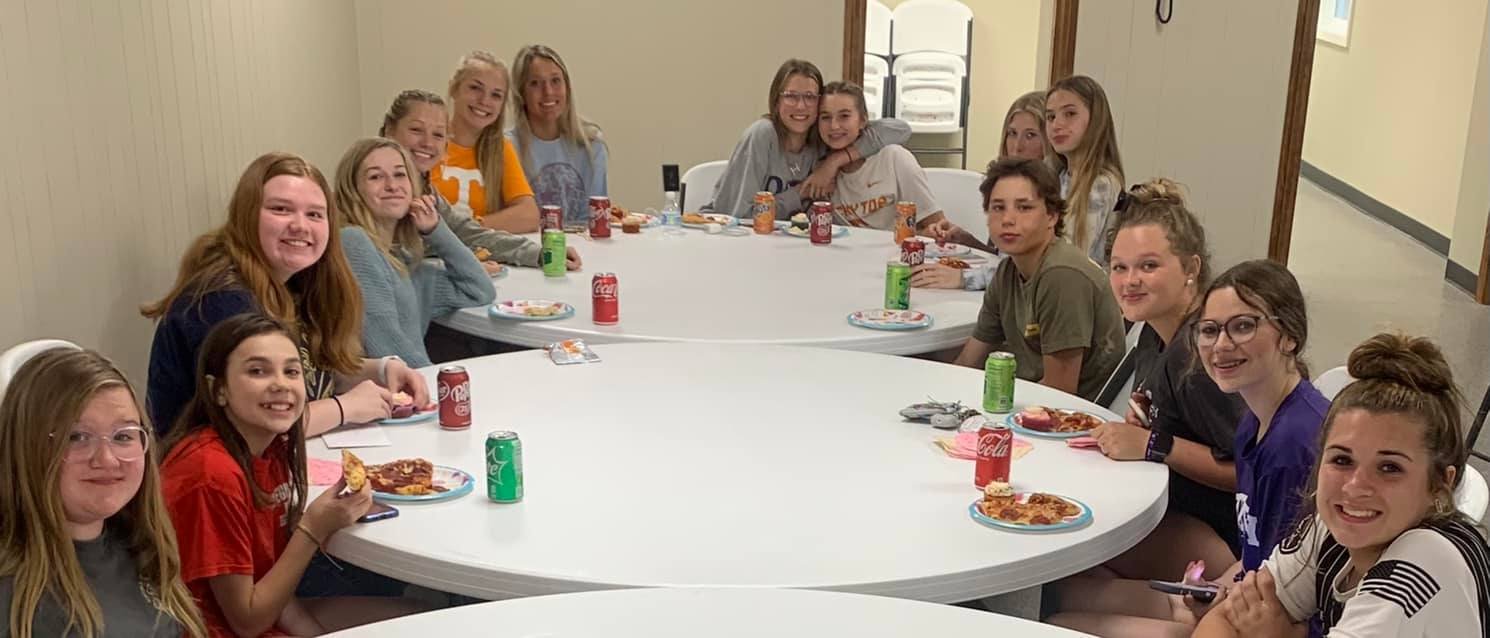
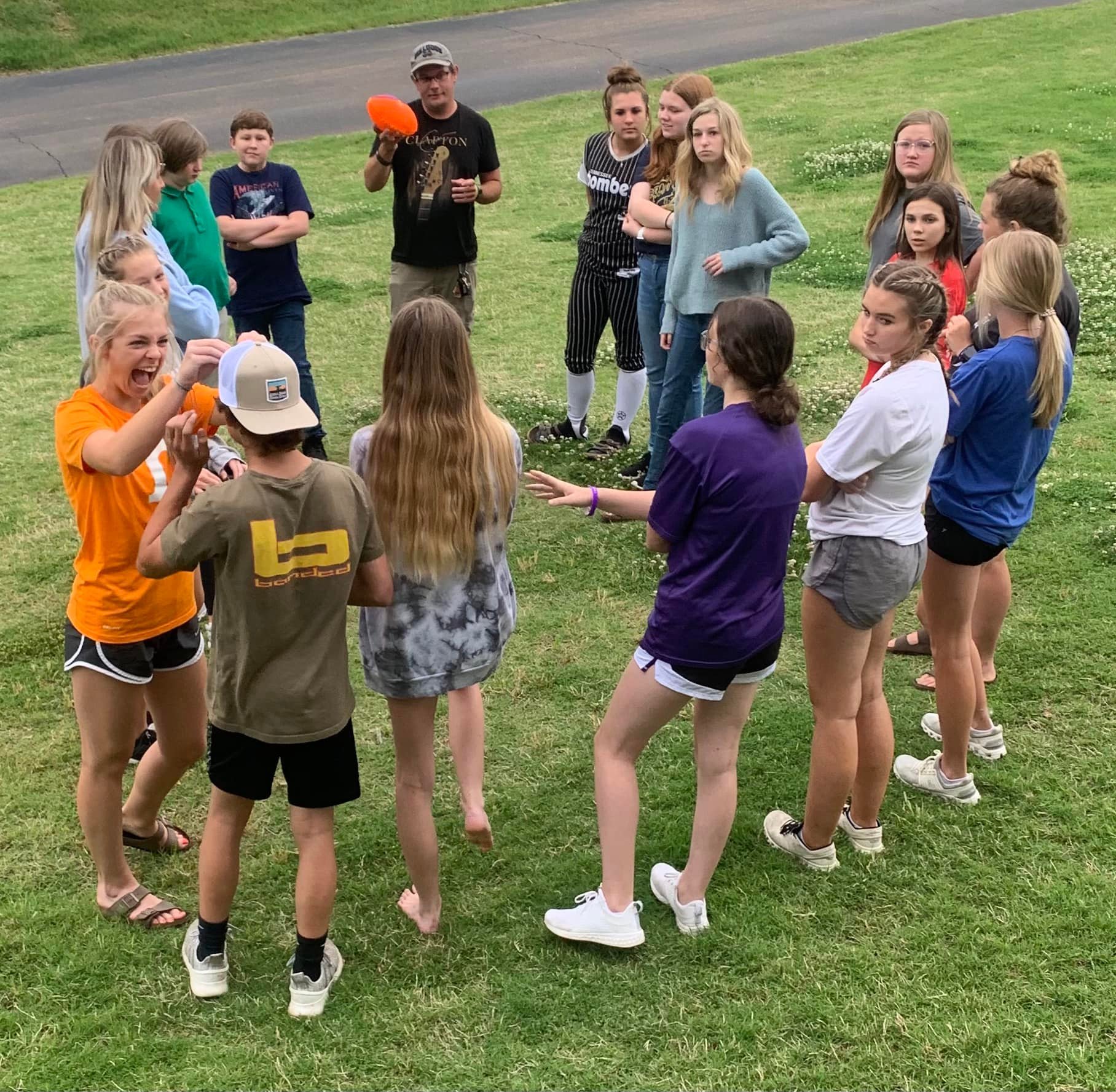
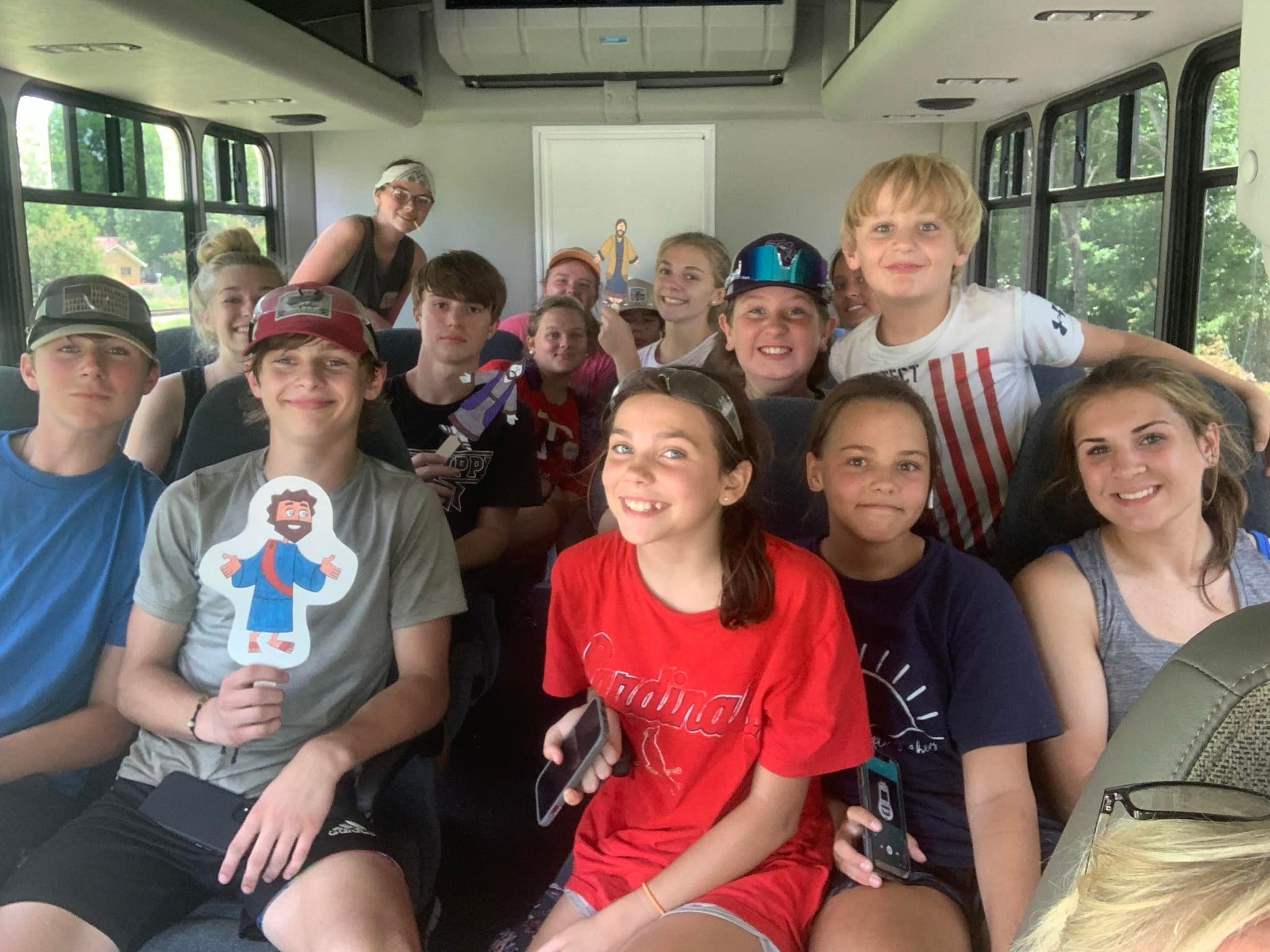
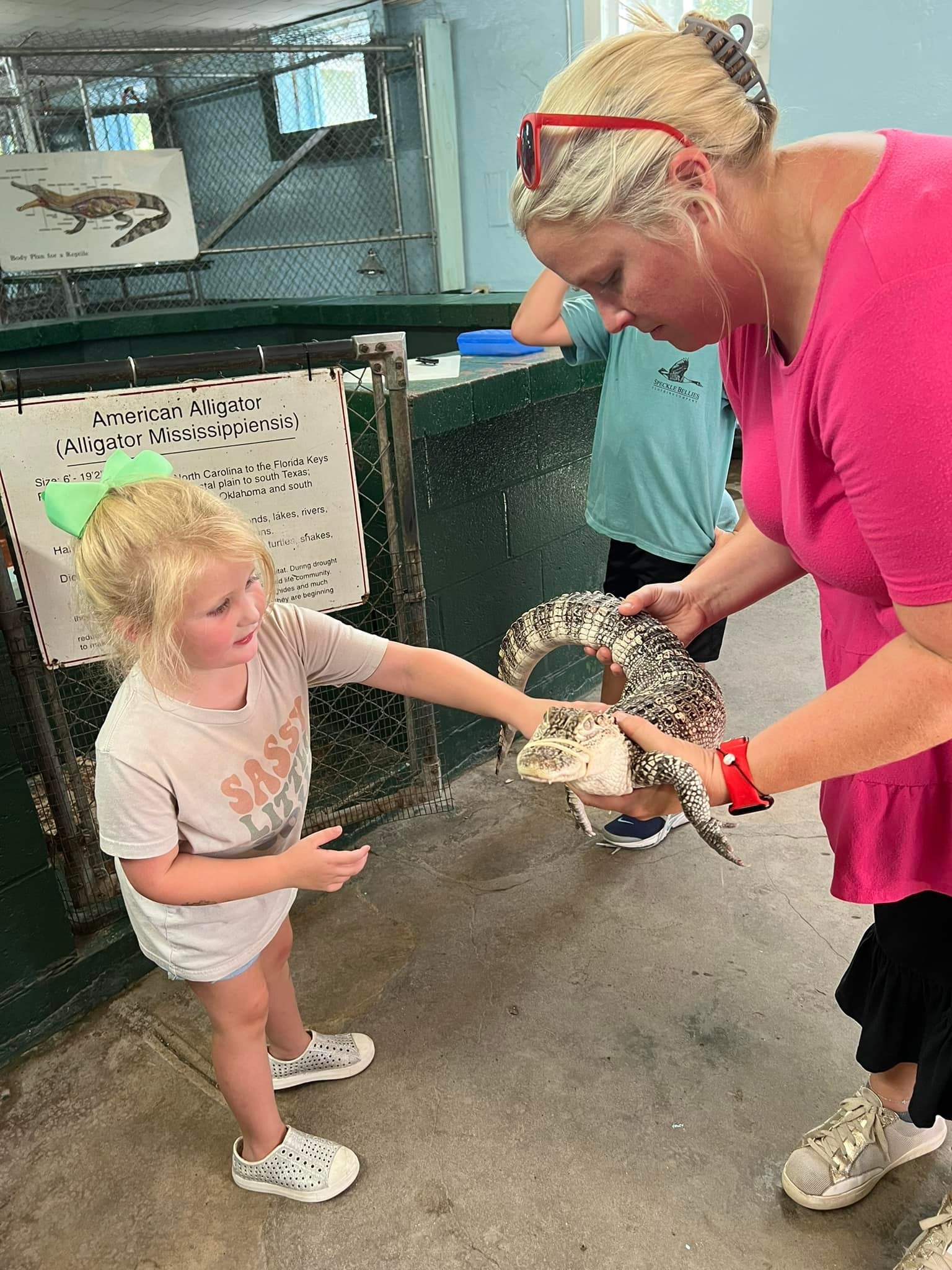
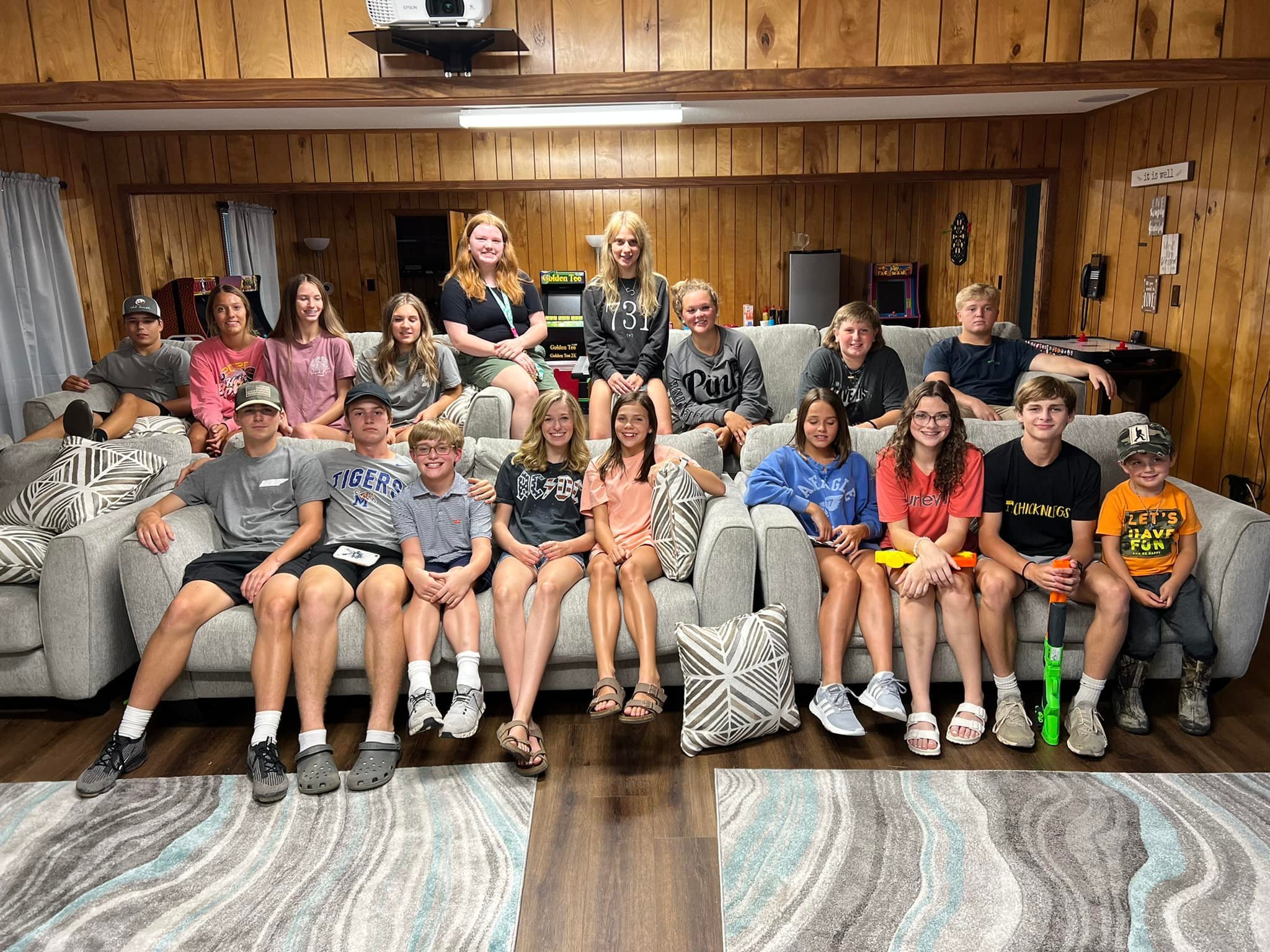
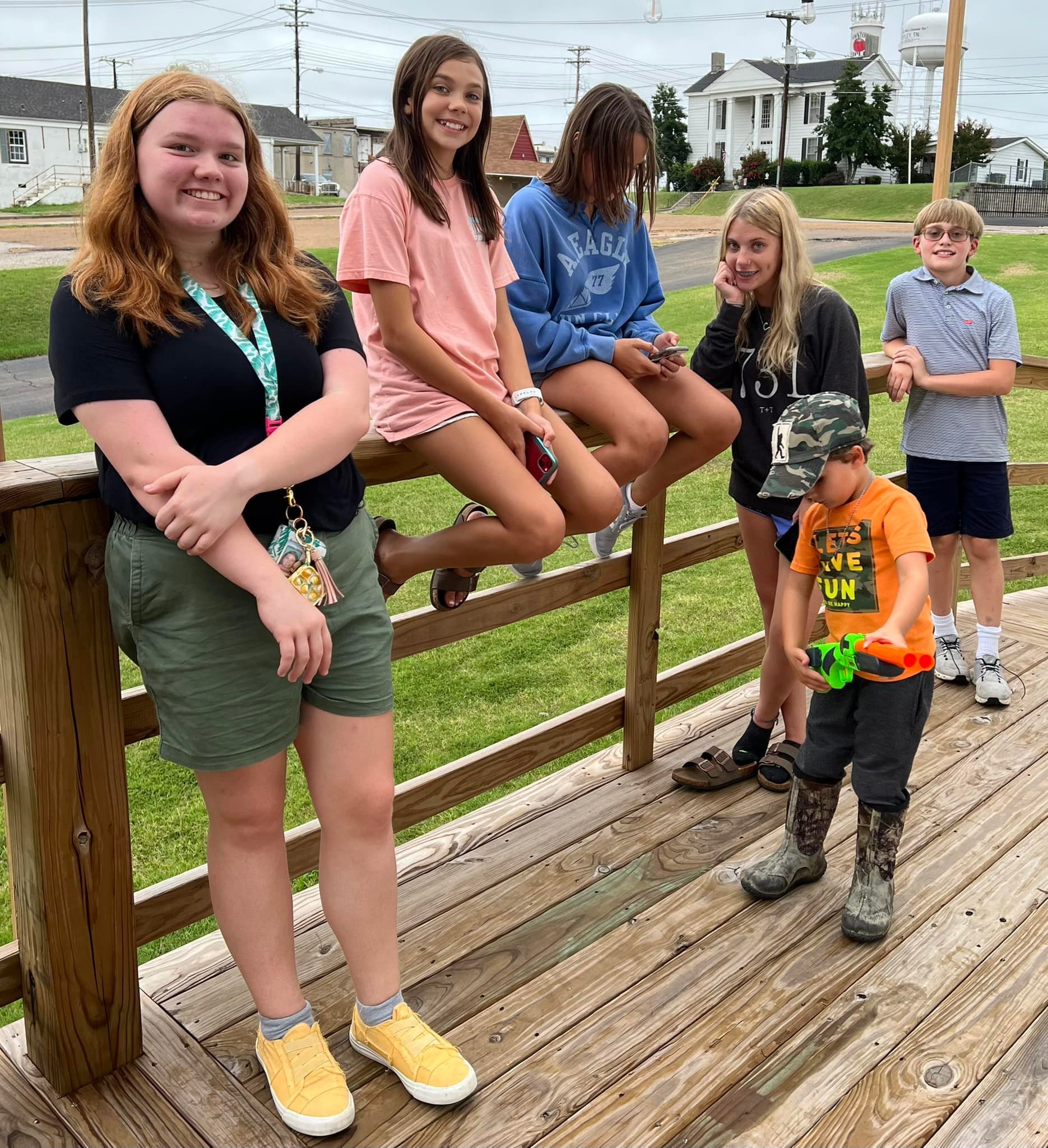
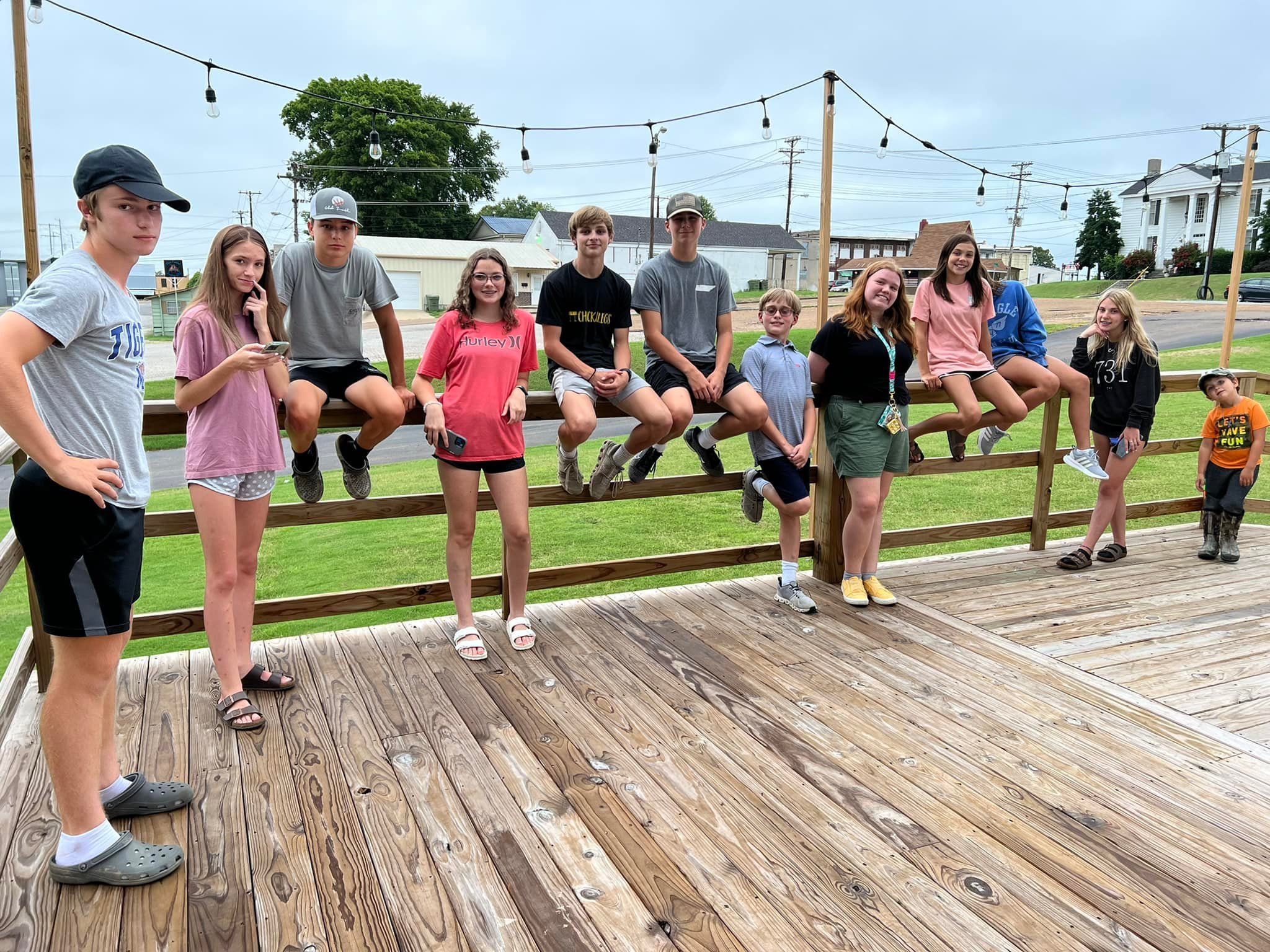
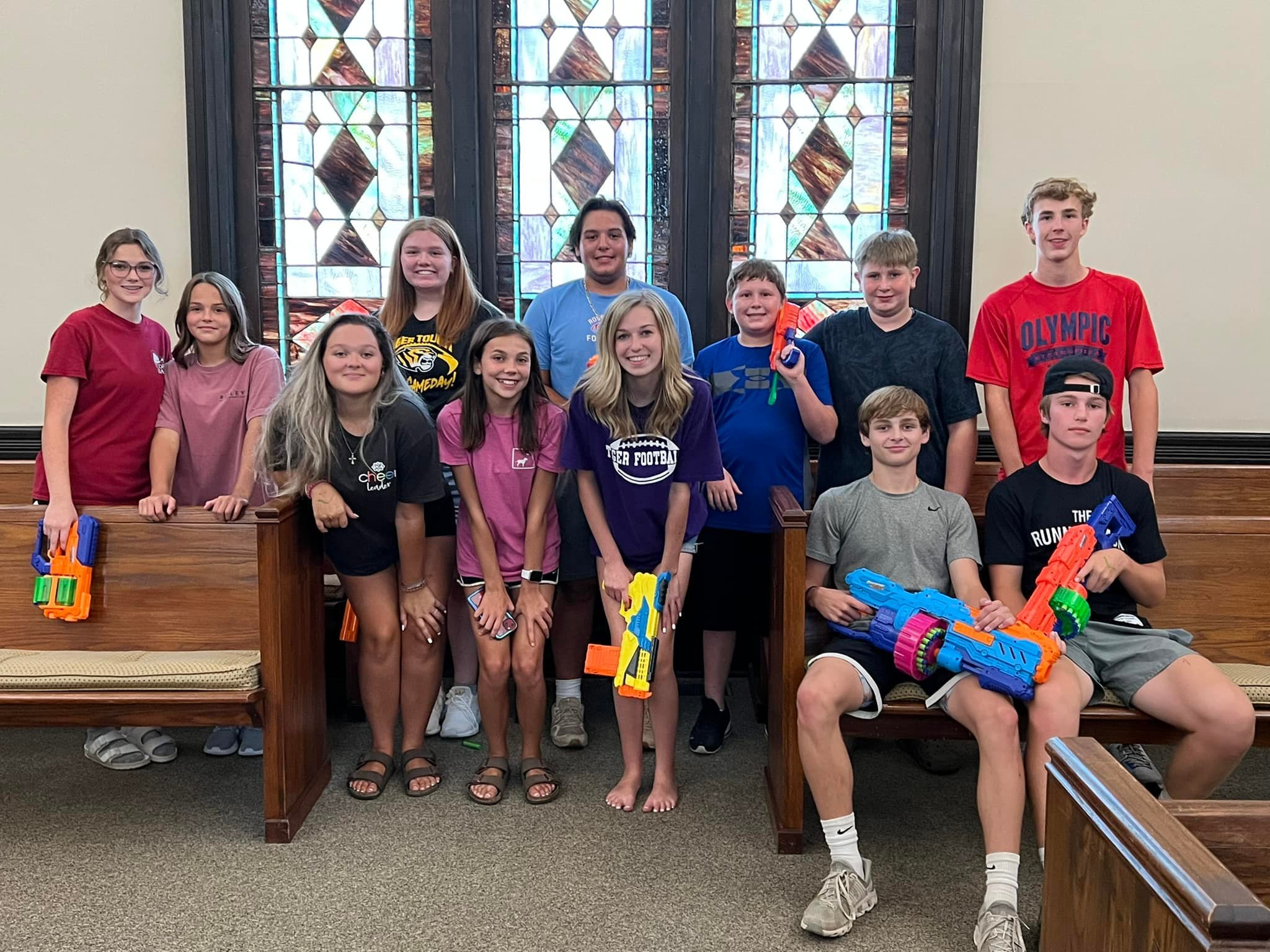
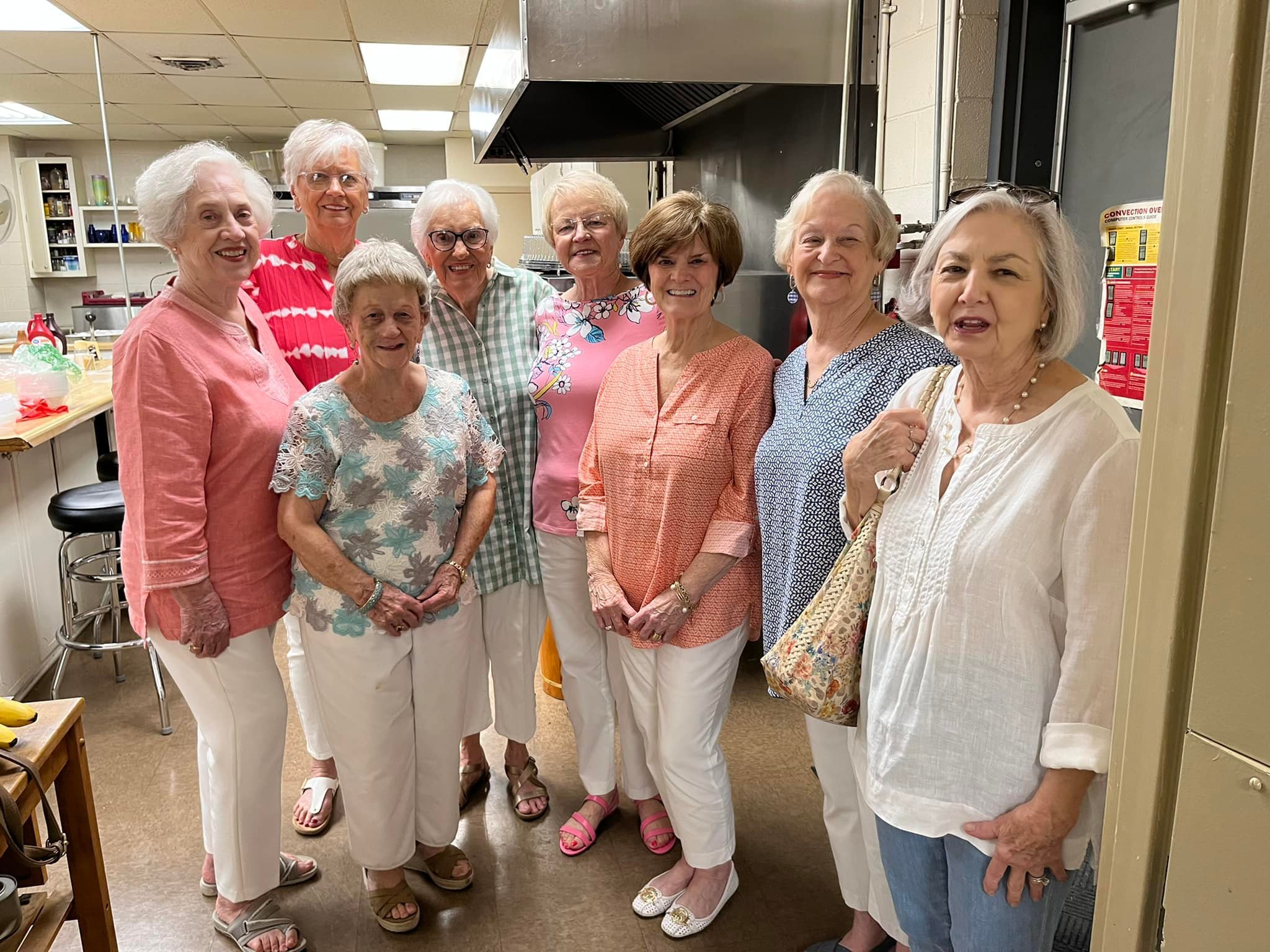
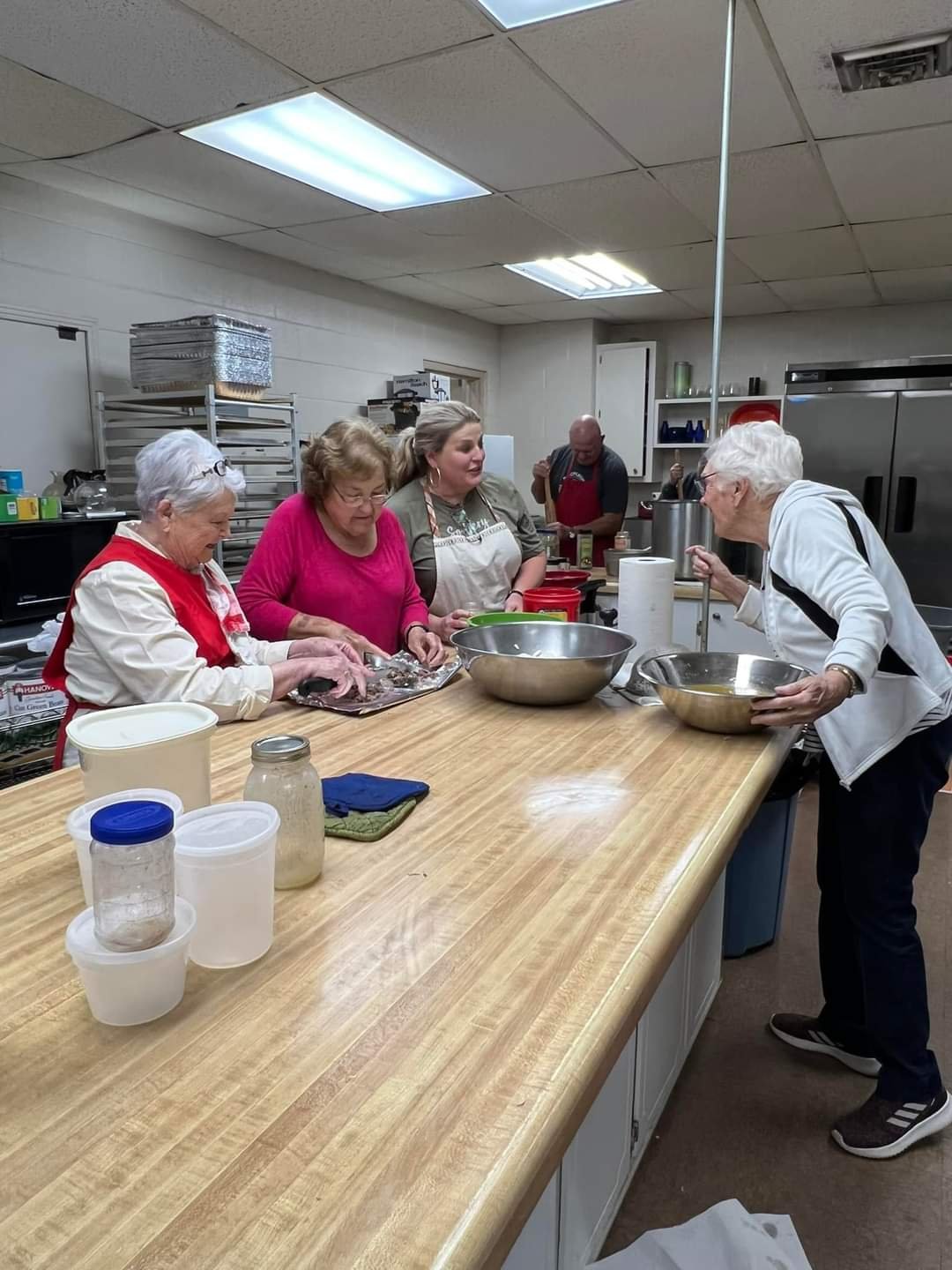
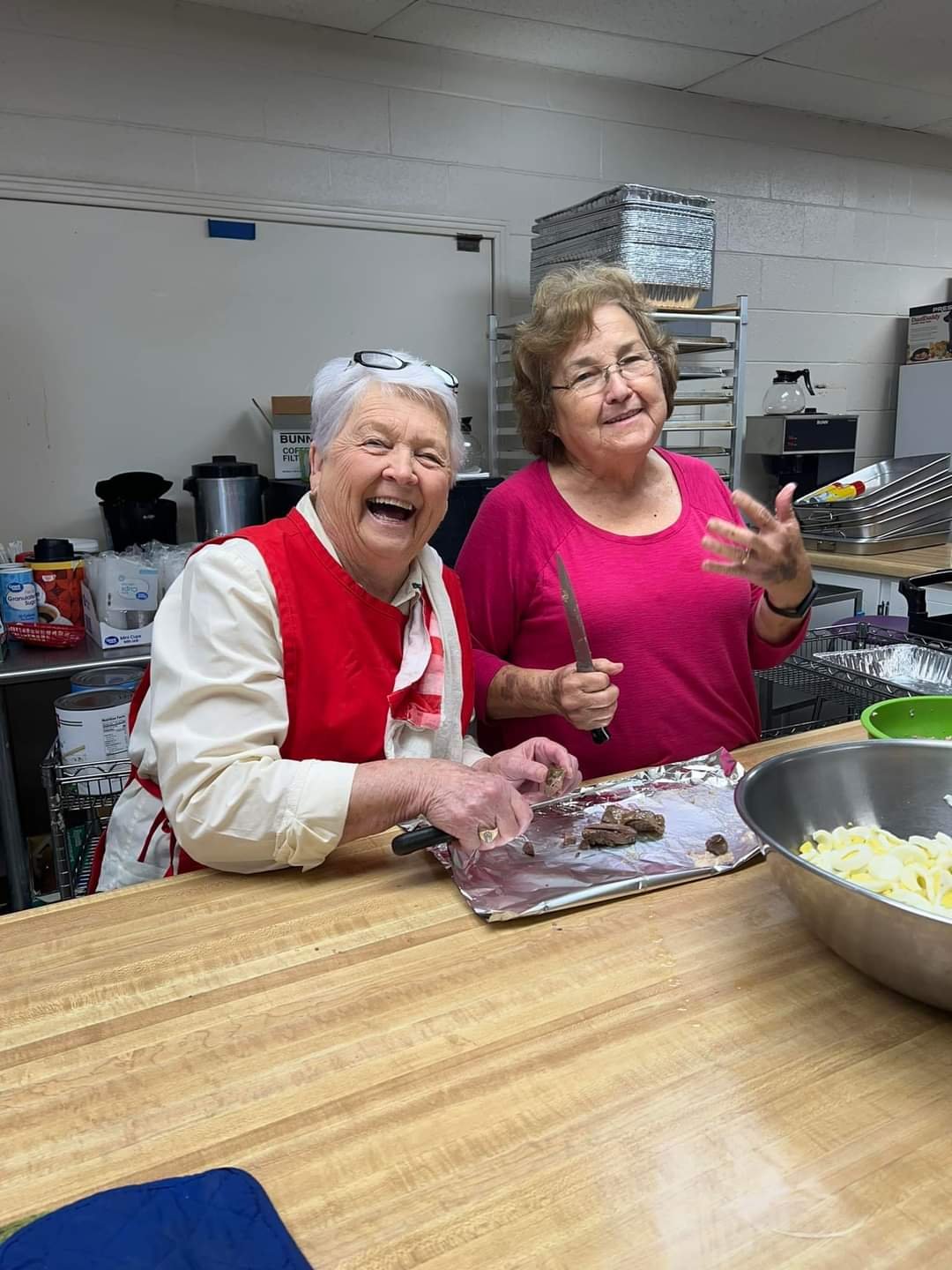
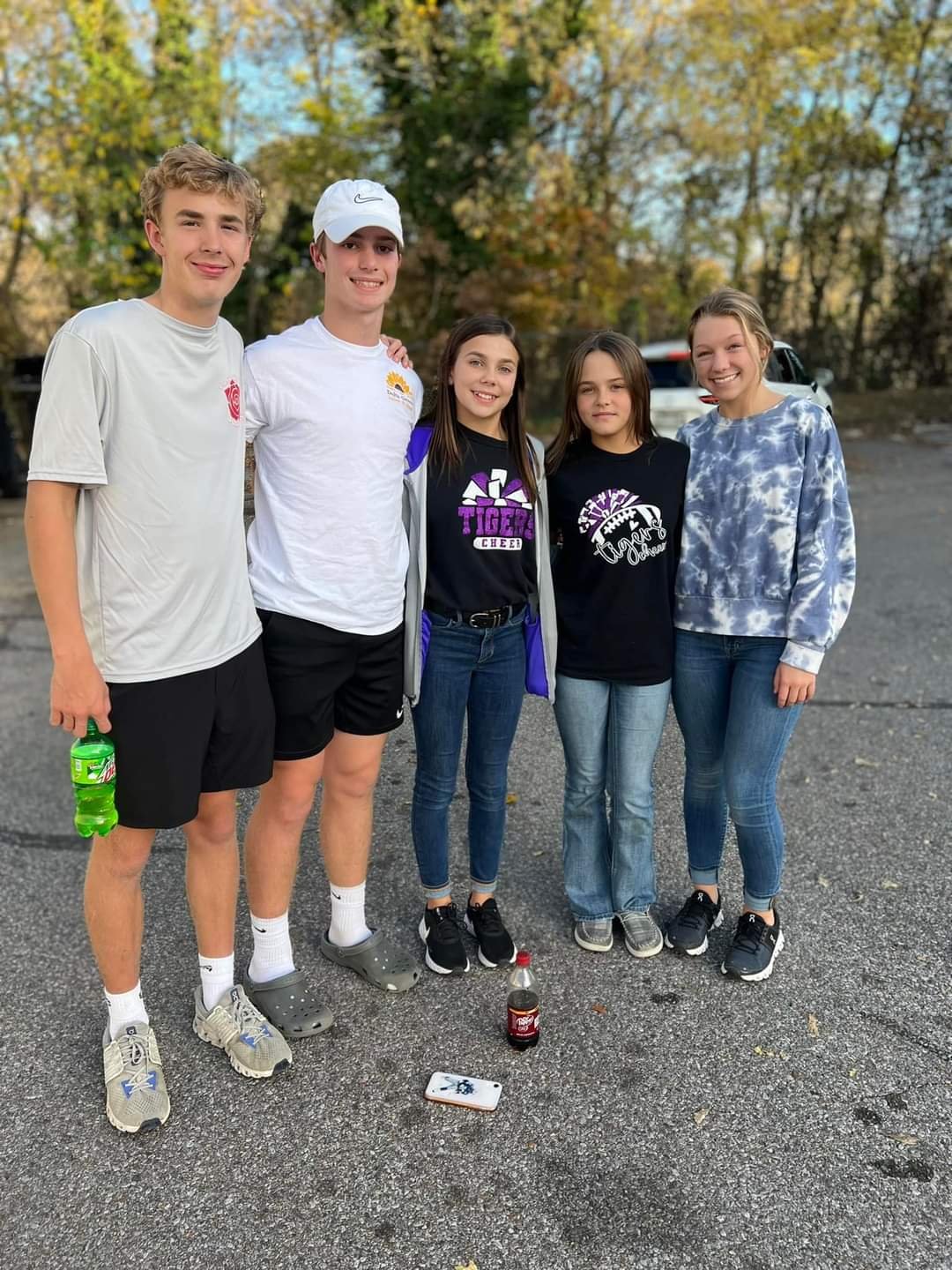
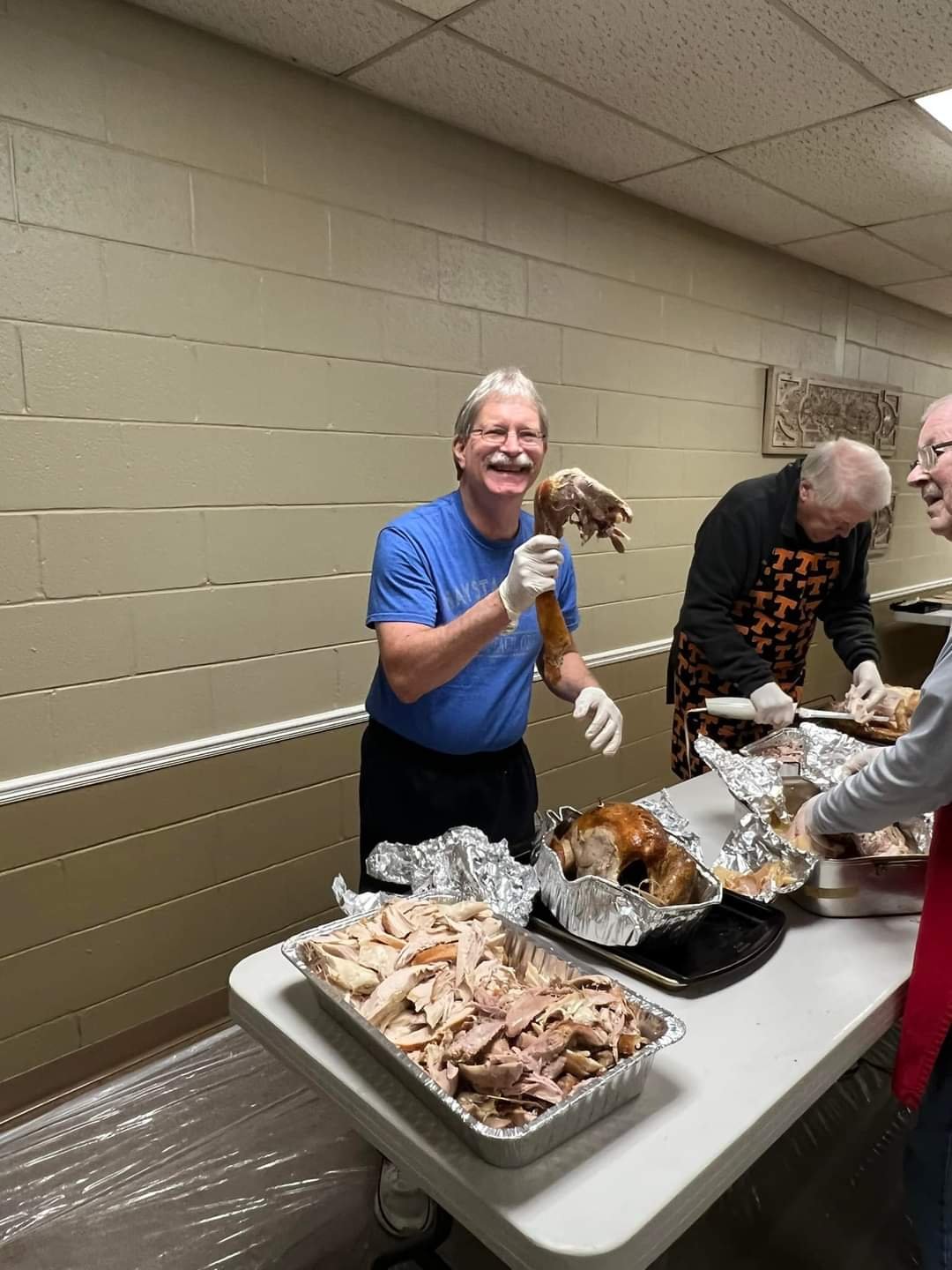
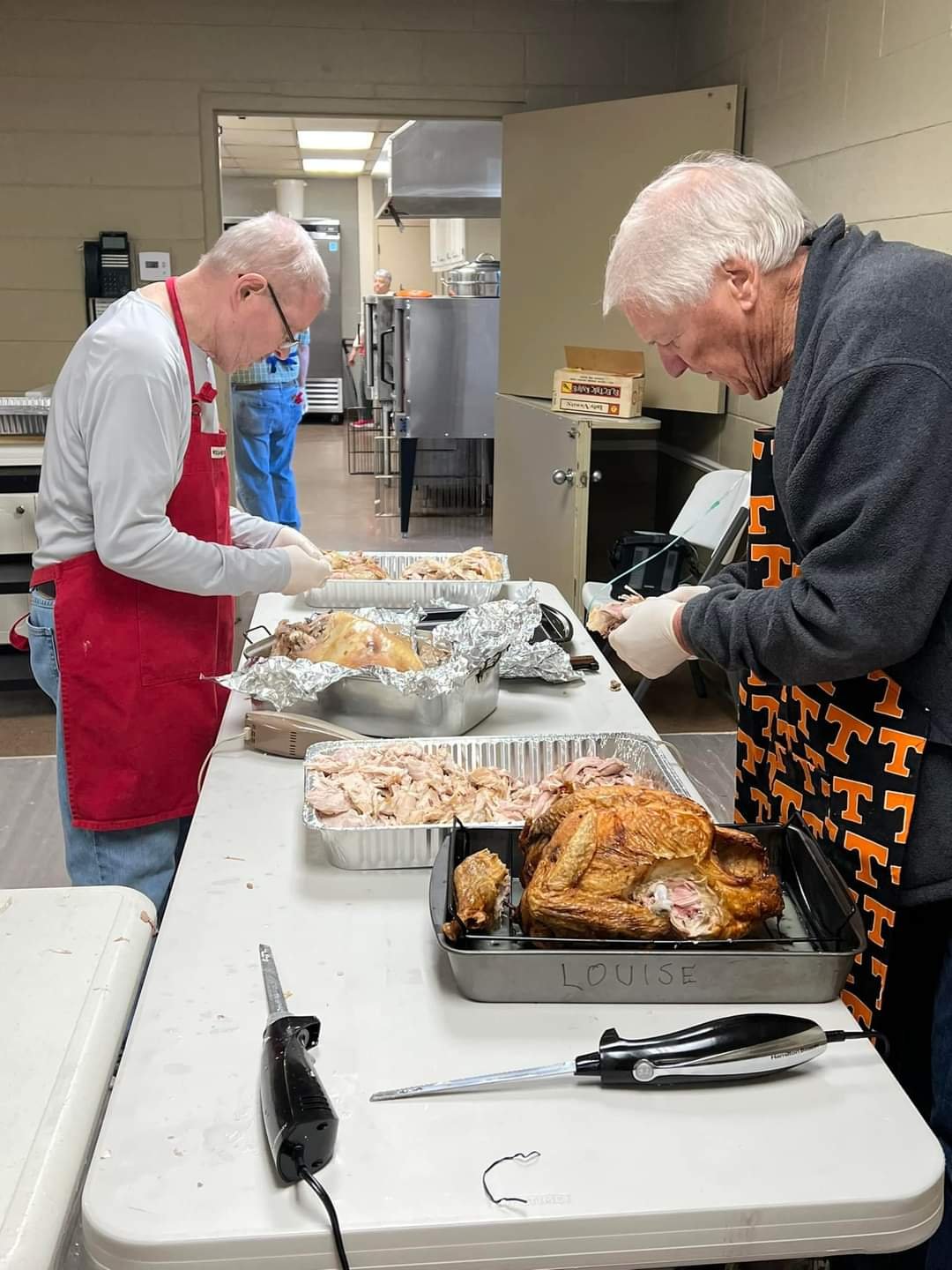
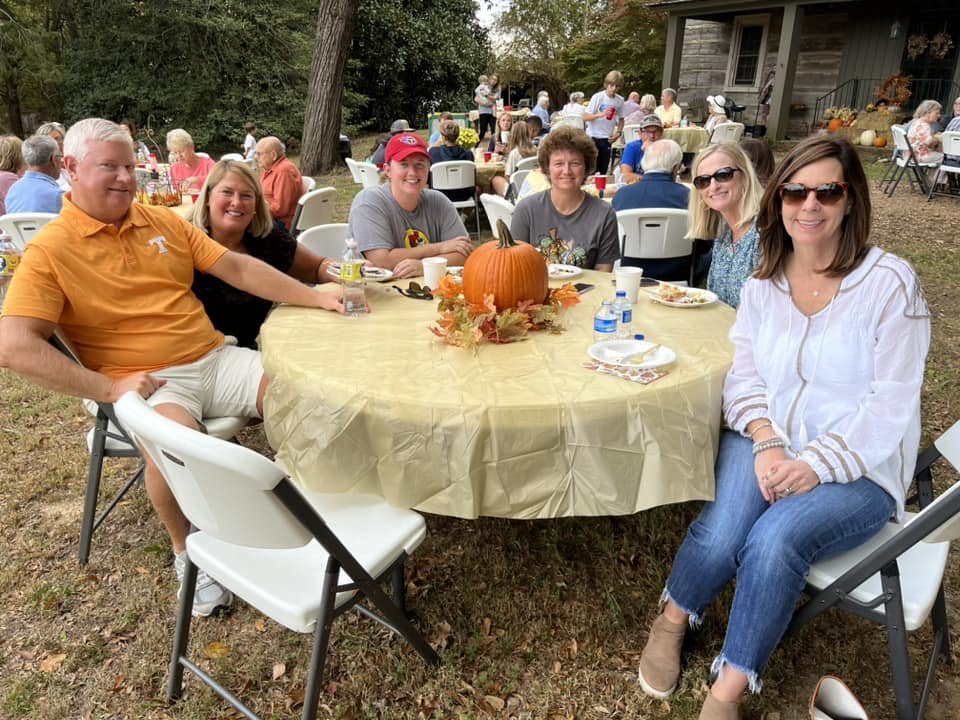
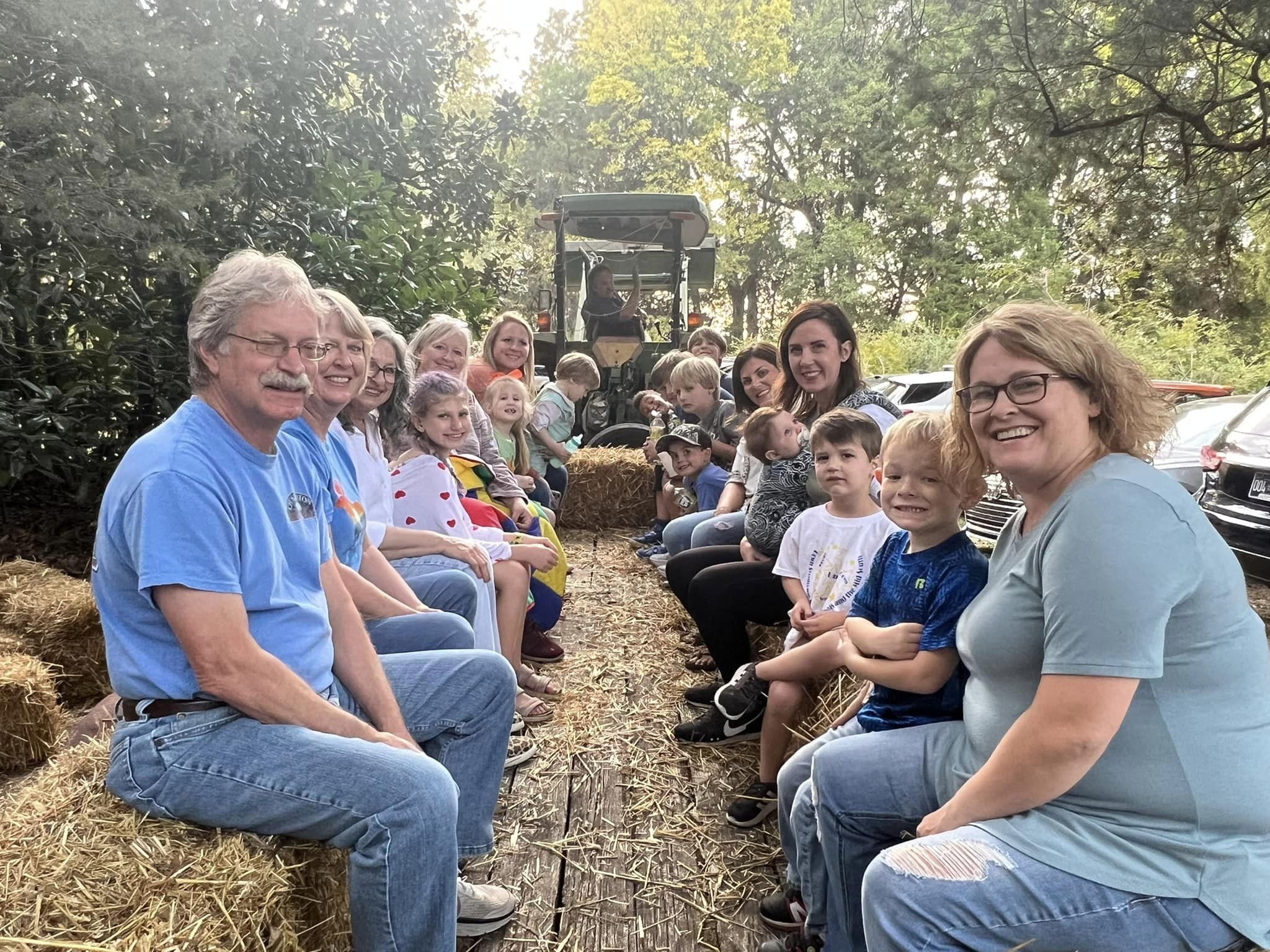
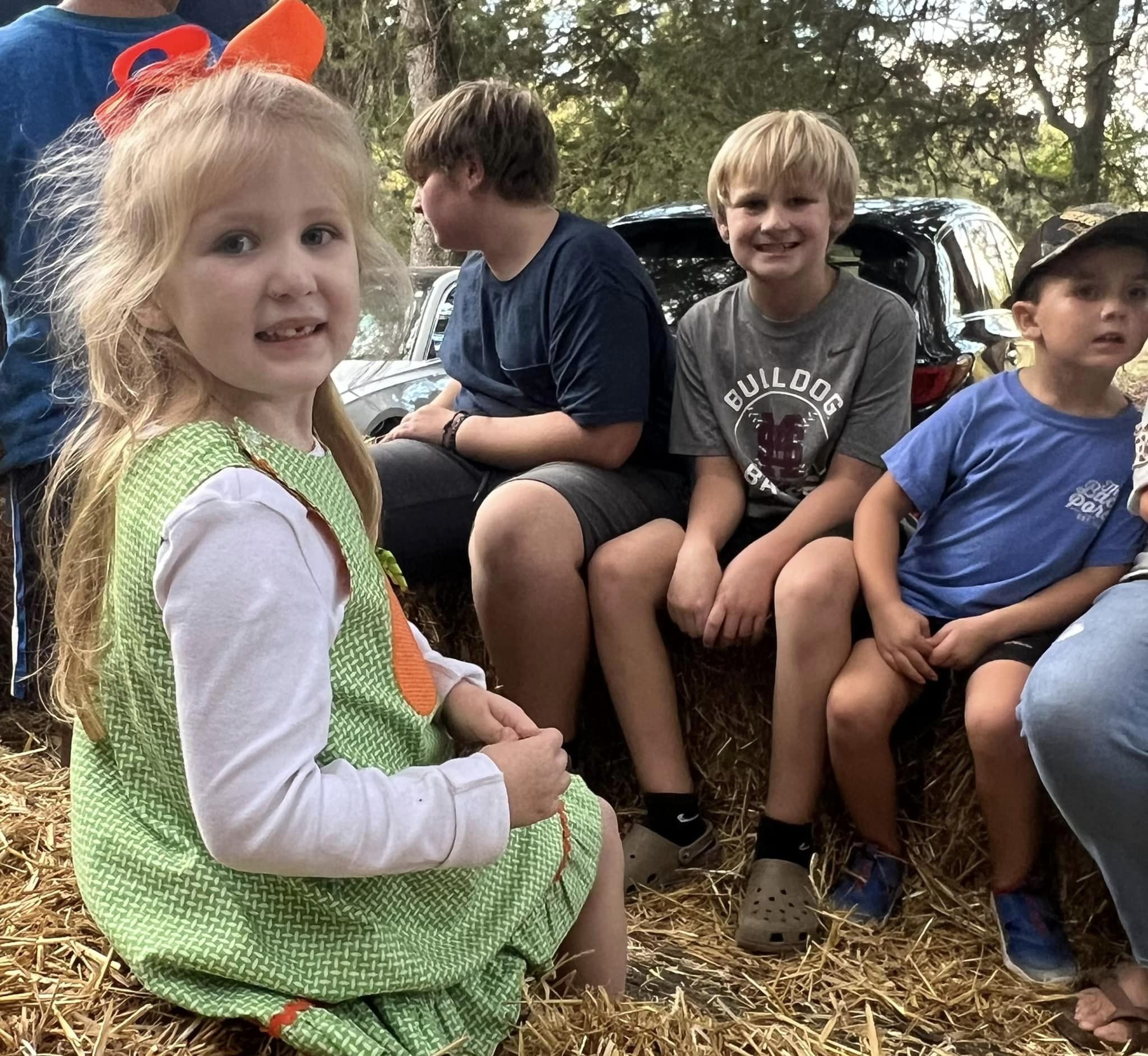
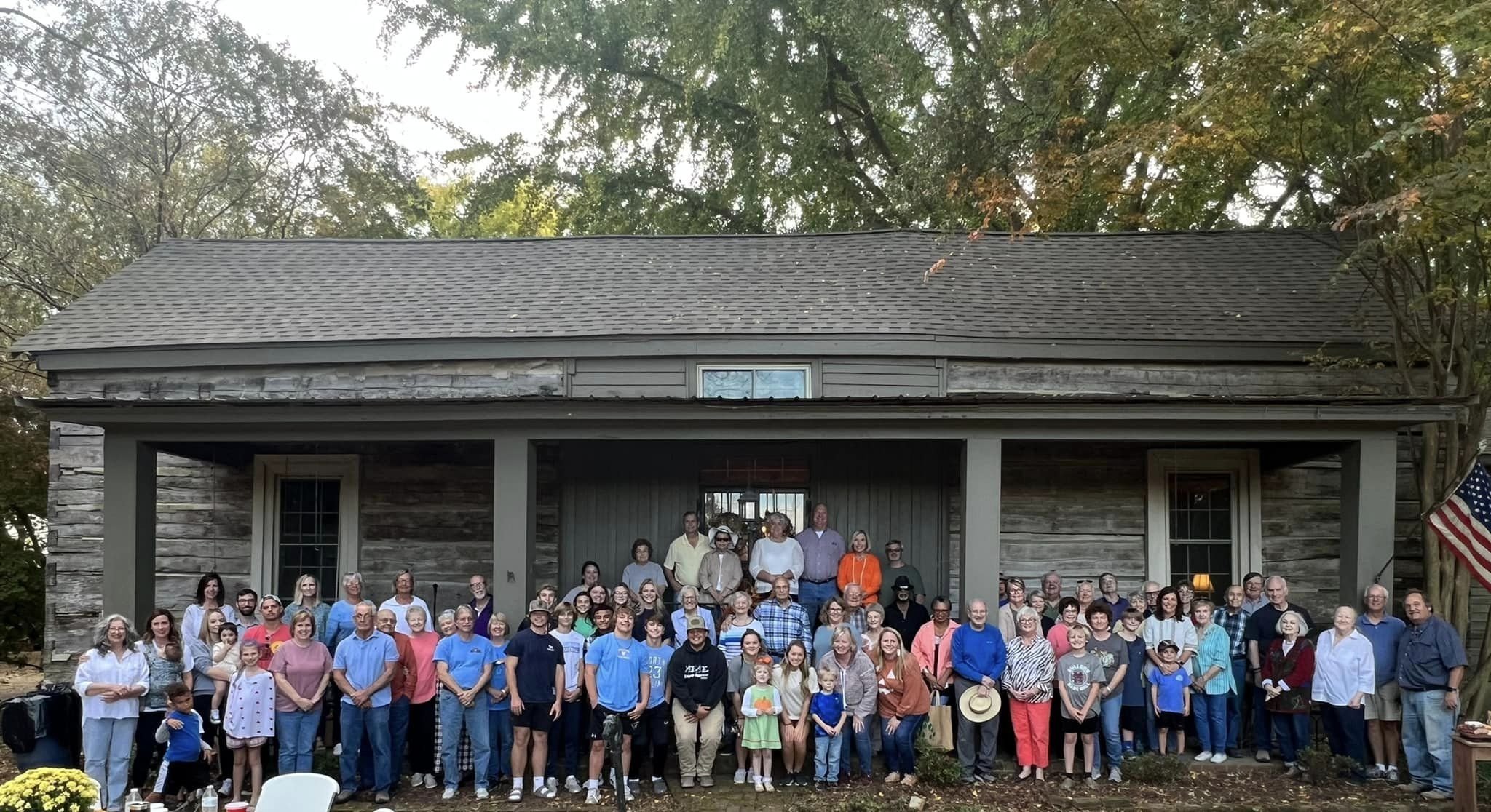
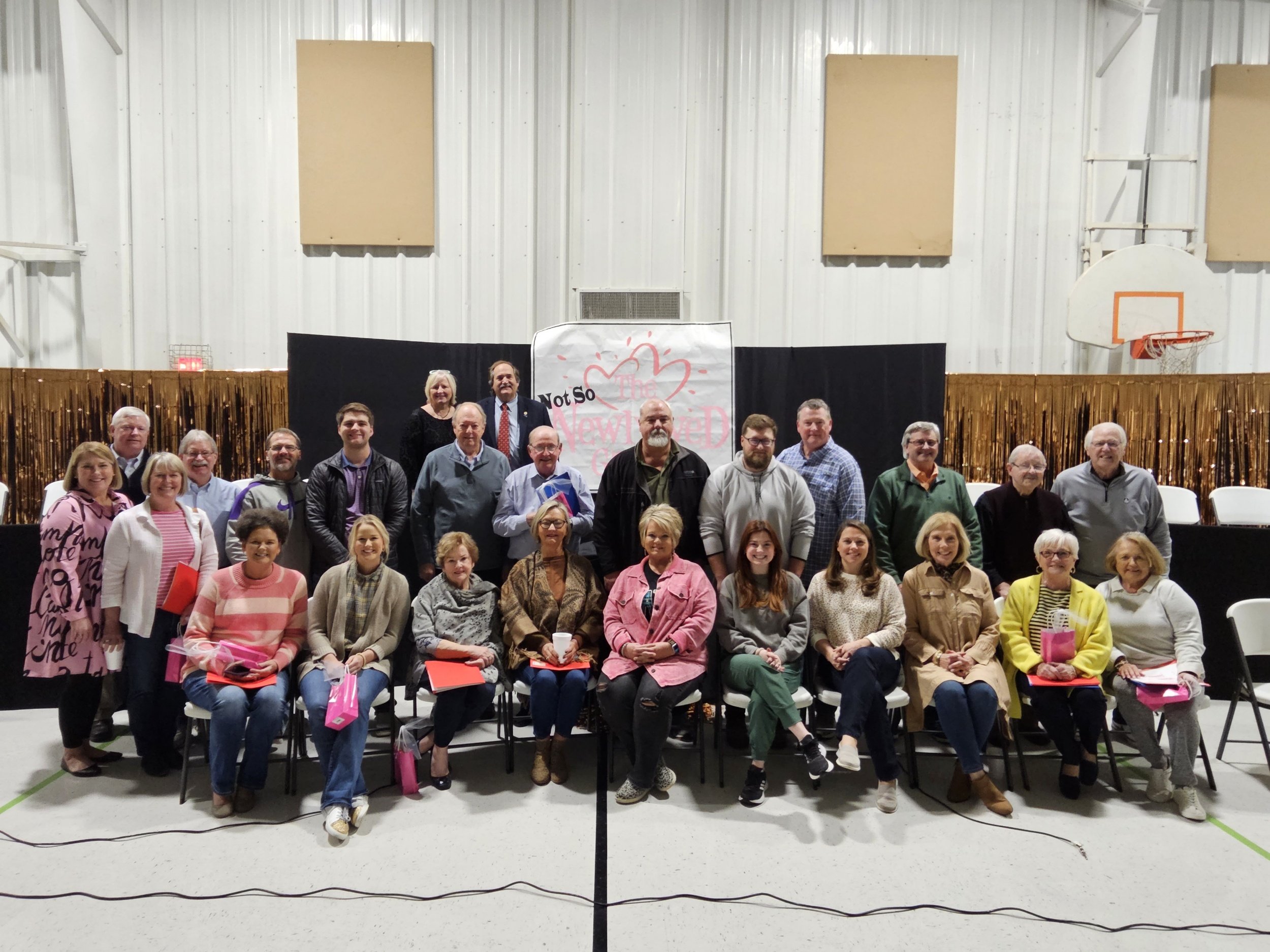
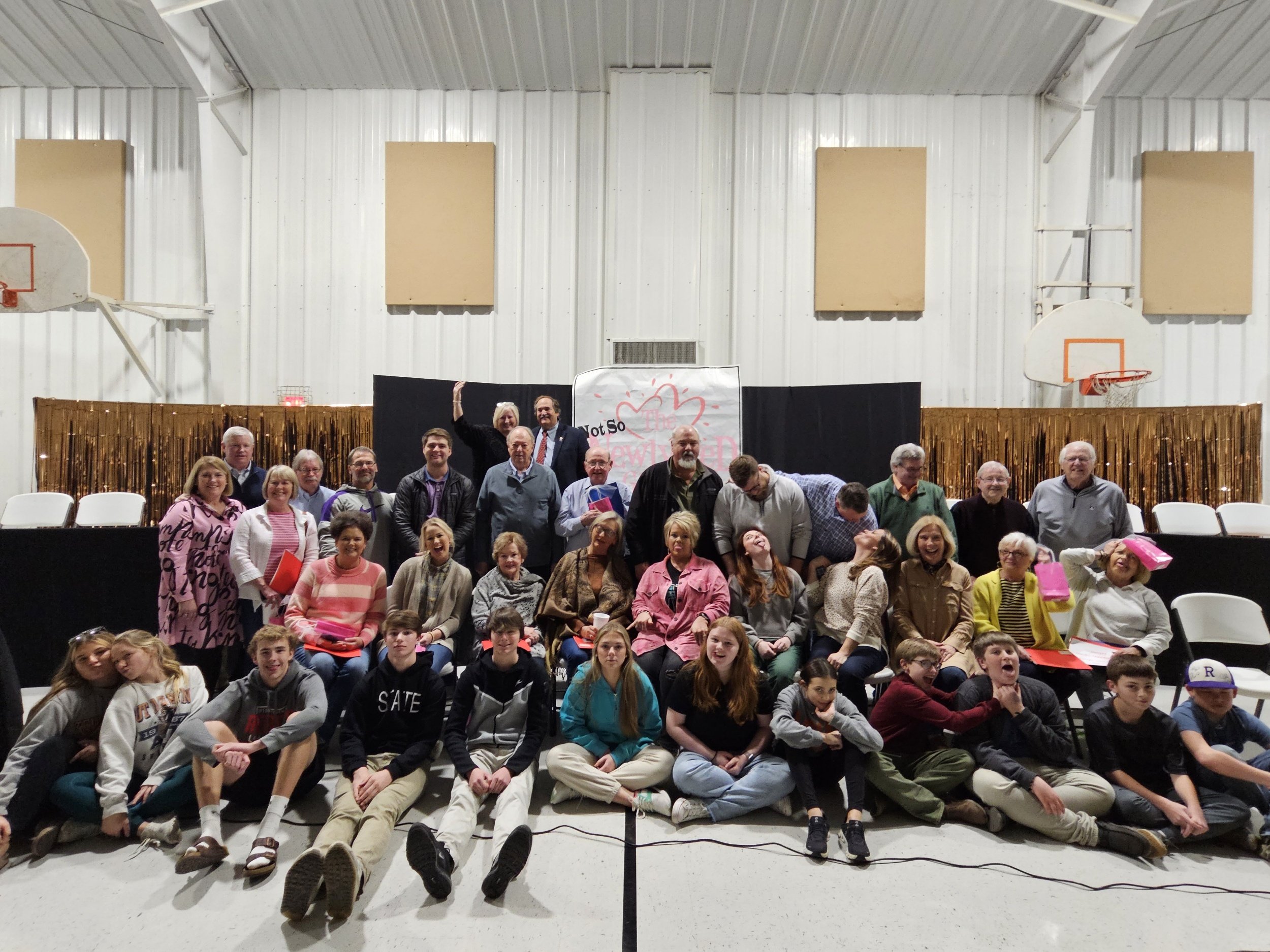
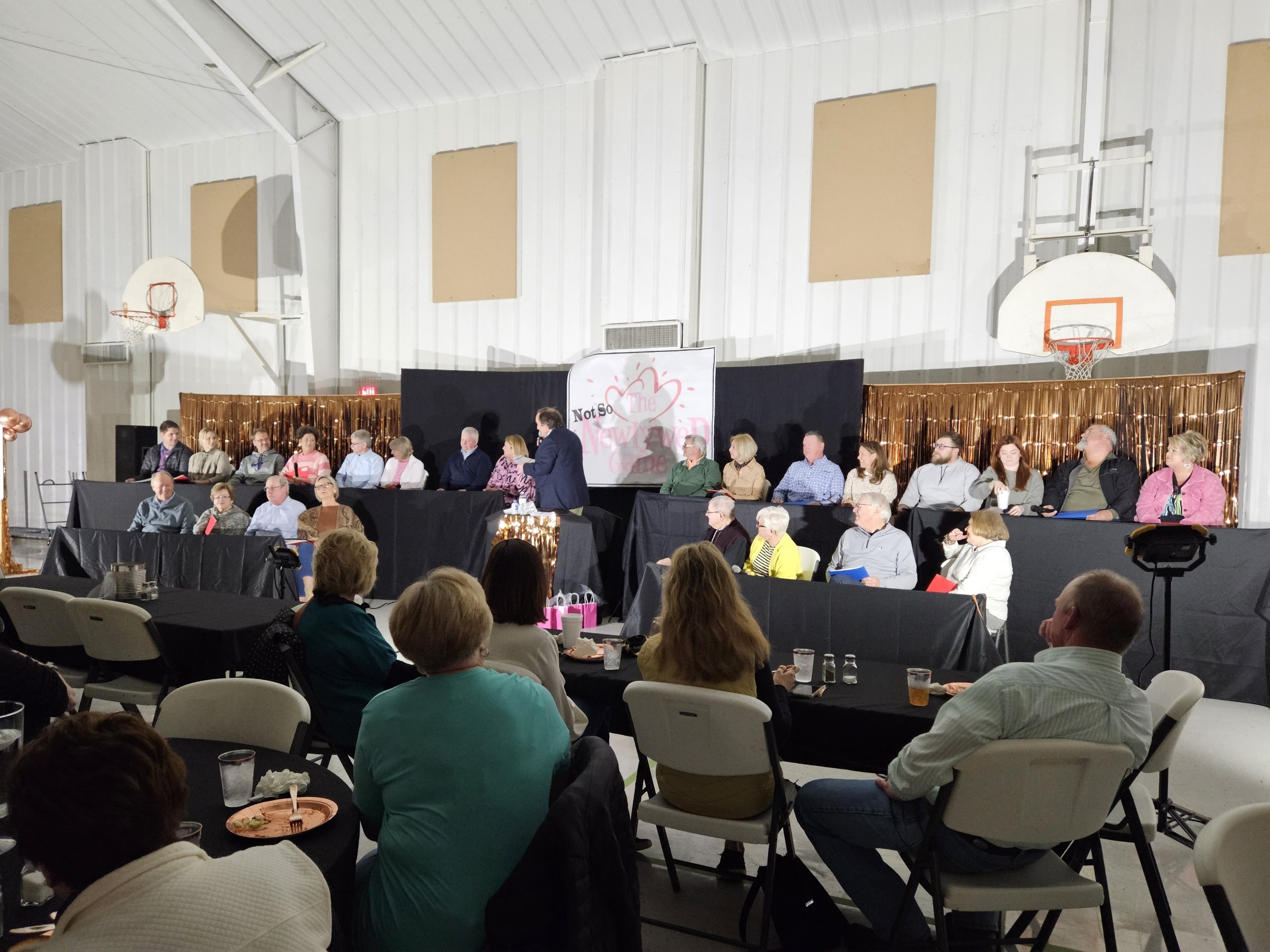
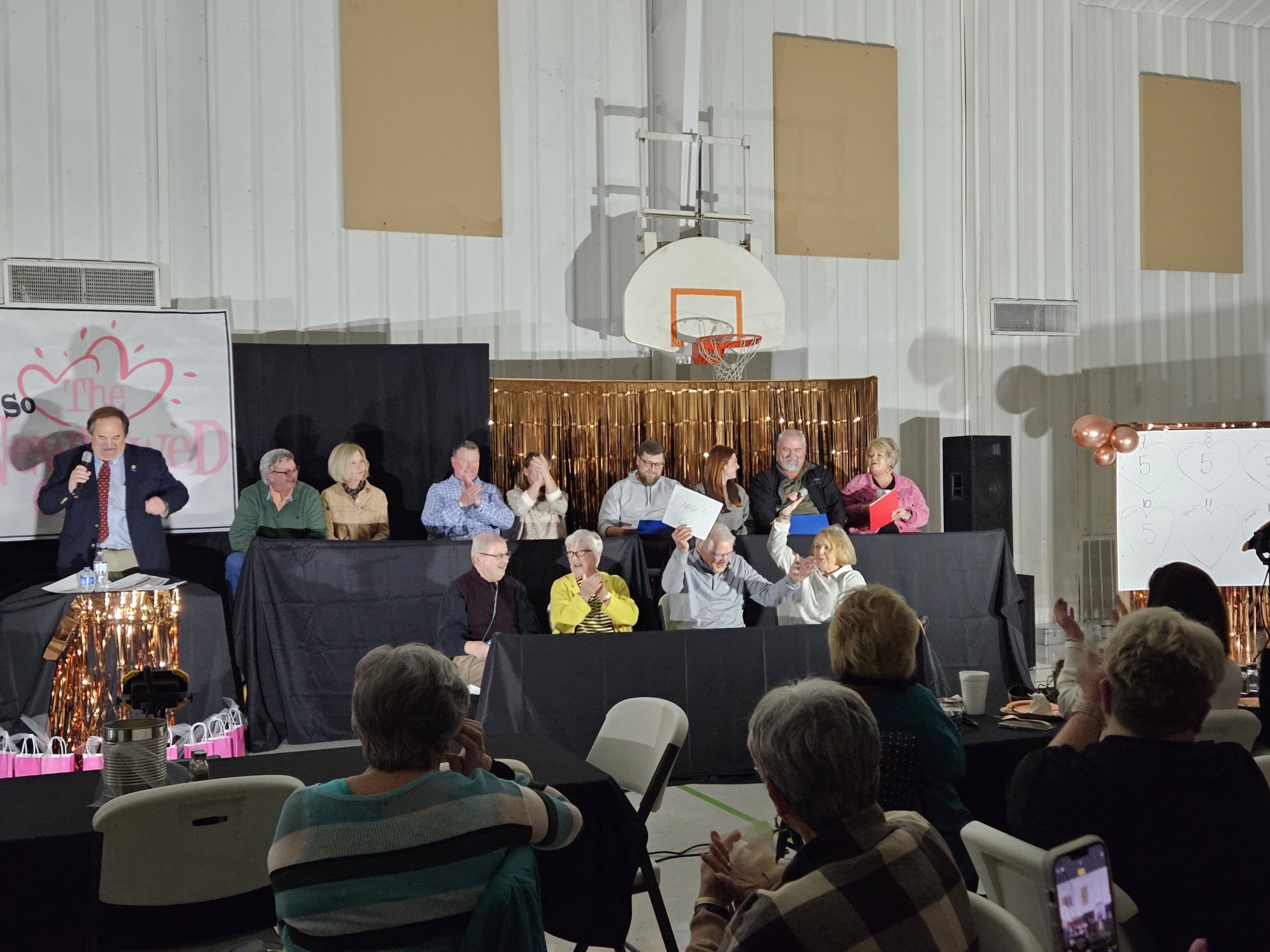
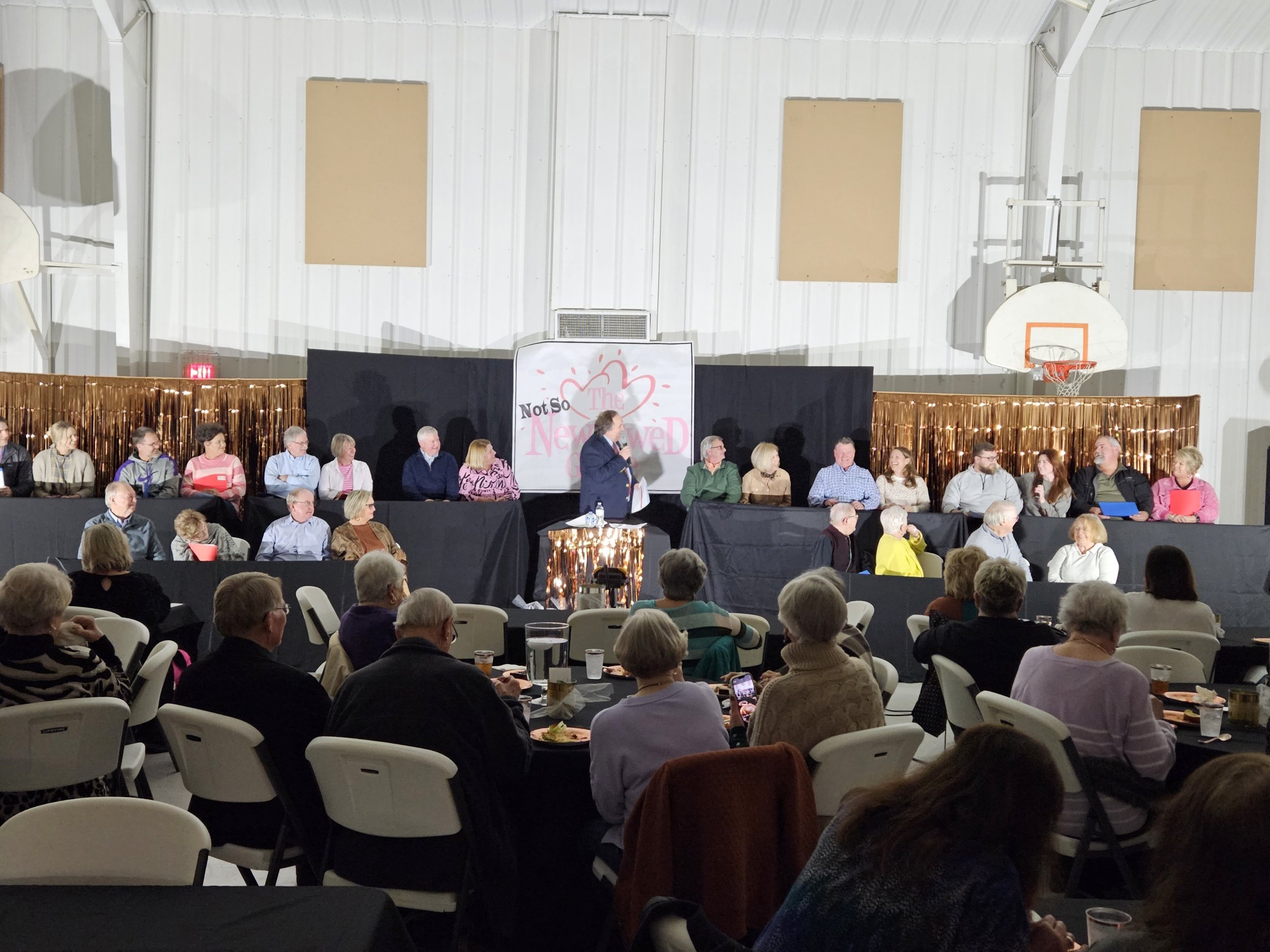
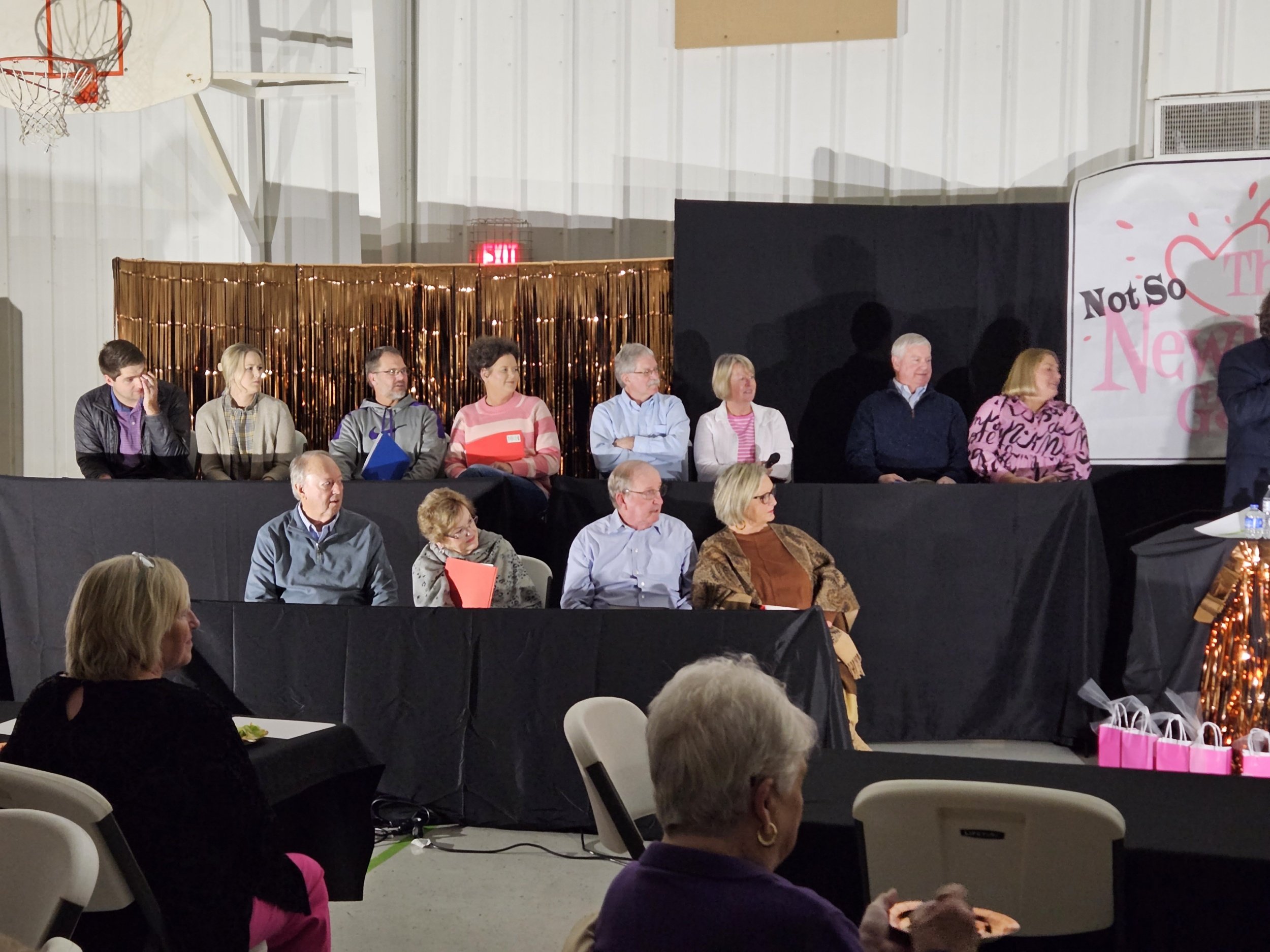
There is a place for you here!
We are so glad you found us! Whether you are new to the area, visiting, or searching for a place to grow in faith and community, we invite you to experience the warmth and fellowship of our church family. At Ripley First United Methodist Church, we believe in loving God, loving others, and serving our community with open hearts and hands.
Our church offers a variety of worship services, programs, and events for all ages. We strive to create a welcoming and inclusive space where everyone can feel at home. Explore our website to learn more about our ministries, upcoming events, and ways you can get involved.
We invite you to worship with us every Sunday starting at 11:00 a.m.! If you can’t join us in person, please join us on Facebook Live to be a part of the service.
As always, we have other options for devotionals that you can check out!
You can check those out by clicking here for the Upper Room or clicking here for Our Daily Bread.
Since the Advent season is upon us, you can click here for books and studies during this season.
Check out the latest news from our Bishop! Click here
10 ways to deepen church-school connections
By Laura Buchanan
Local United Methodist churches can ensure students, teachers, administrators and families have a successful school year by providing more than pencils and notebooks. They can also offer love, peace and hope.
“Kids are at school half of their life, and if I want to be any kind of support to my students, I have to be involved in the schools. I have to be able to connect with their schools and know what's going on if I want to understand their world,” says Emily Felgenhauer, Director of Youth Ministries at First United Methodist Church of Lakeland, Florida.
Here are ten ways your church can nurture relationships with area schools, teachers and families in order to build trust and make a difference:
Identify needs. Retired teacher Sharon Lowe Hennis, member of Sedge Garden United Methodist Church, in Kernersville, North Carolina, suggests, “It’s important for the local church to know what schools are in your area. Have a contact group meet the principal and guidance counselor to ask what the needs are.” If your ministry is new, begin with just one nearby school.
Deepen your understanding. Felgenhauer serves on a community School Advisory Council that includes parents, community leaders, students and educators. She says, “That’s been a great way for me to be involved and to learn about what's going on academically, and also mental health-wise, not just with our students, but also with the educators. I can also share things I hear from the students, like bullying, and then offer solutions or ways we can support.”
Volunteer. Ask to serve at field day and the book fair. Be a reading buddy or a test proctor. Ask if the church can help with special programs, teacher appreciation meals or gifts, graduations, book drives or fundraisers. Offer to refresh the teachers’ break room or other spaces. Connect with the Parent Teacher Association. Felgenhauer shares that at their church’s partner elementary school, “Our youth serve by helping put flower beds in and doing upkeep.”
Go on a prayer walk. When Hennis was a teacher in Winston-Salem, North Carolina, members of a neighboring church would visit during teacher workday. They would walk through the halls, spend time in each classroom and touch every desk while they prayed for the upcoming school year. “It just stuck with me how much they cared,” Hennis remembers. “When a teacher or school knows that someone is praying for them it means a lot.” If you aren’t able to enter the school, ask for permission to walk the school grounds instead.
Be present. Felgenhauer spends time with students during their lunch period, asking how they are doing and how classes are going. If you can’t attend during the day, Hennis suggests, “My Sunday School class works concessions during school sporting events. We wear our church t-shirts and the kids can see that the local church is present. It’s a good reminder.”
Provide special experiences. Hennis’ Sunday School class also works with a nonprofit organization that supports unhoused students in the local school system. For ten years, the class has hosted a celebration meal for the program’s high school graduates. Each student receives a Bible, gift bag and framed cap and gown photo. Hennis shares, “We want them to know that we’ve noticed them. We hope they see Christ’s love for them through us.”
Make space for anxiety. School hallways are increasingly stressful, not only because of academic and social pressures, but also because of the fear of potential violence. Churches should provide a safe space for people to discuss their fears. Take special care to avoid making anyone feel their faith is weak. Hennis says, “It helps them feel their feelings are valid. Give the students a place to share without hearing, ‘You shouldn’t be afraid.’ That can be hurtful when someone is really struggling with anxiety.” You can also make sure each student connects with a trusted adult in their school who they can go to if they need support.
Encourage teachers. Ask school principals if you can host a back-to-school lunch for teachers on their first day of work. Sedge Garden UMC held such an event in their decorated Fellowship Hall, where they distributed treat bags and the pastor offered an uplifting message. Felgenhauer reminds, “Encouragement is a big piece. What teacher just needs a hug? Teachers are dealing with their own personal ‘stuff,’ and then they're dealing with emotional, educational and mental health, as well as students who have difficulties.”
Support families. First UMC of Lakeland hosts monthly Parent Connect Nights to guide parents as their child goes through emotional, intellectual and physical changes. Programming has included mental health information, higher-education preparations, self-defense classes and internet safety tips. Felgenhauer says, “It's been really great because we have a lot of parents attend that aren't involved in our church… they're navigating a really scary world.”
Strengthen relationships. Students in your church can greatly benefit from your time and effort teaching them relationship-building and social skills they’ll take to school. Felgenhauer explains, “It’s the support of knowing they are not alone, because oftentimes we can feel isolated, especially with technology. I think kids are craving connection… they're so used to not navigating relational communication. I think they really want to learn how to play. A lot of kids that are now in middle school, they missed some very fundamental developmental stages of socializing during COVID-19.”
Laura Buchanan works for UMC.org at United Methodist Communications. Contact her by email.
This story was published on August 12, 2024
What is a United Methodist?

